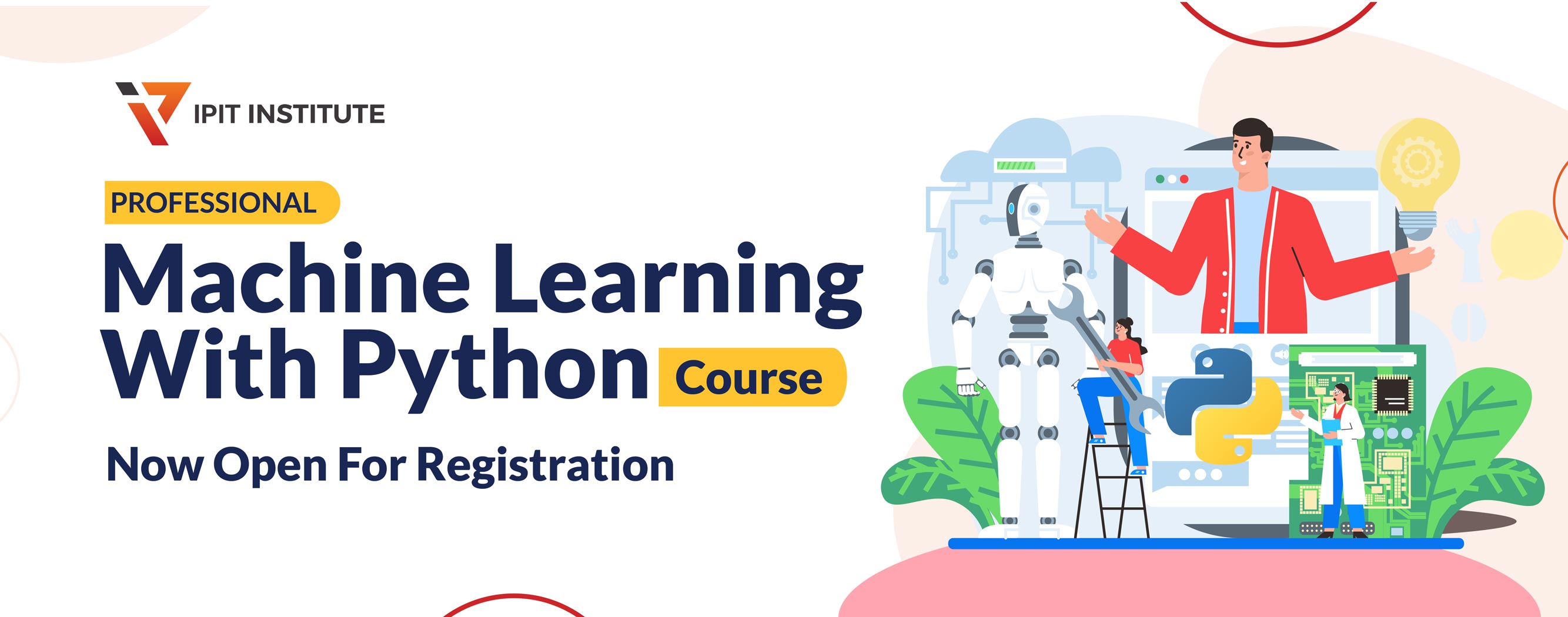
Total Sessions:
Total Hours: 144 Hours
Duration: 6 Month
Venue: Popular Hospital Opposite , Laksham Road , Cumilla
1. Introduction to Machine Learning
2. Setting Up the Environment
3. Python Basics for Machine Learning
4. Data Preprocessing
5. Exploratory Data Analysis (EDA)
6. Supervised Learning Algorithms
7. Unsupervised Learning Algorithms
8. Model Evaluation
9. Model Optimization
10. Introduction to Deep Learning
11. Advanced Topics
12. Deploying Machine Learning Models
13. Capstone Project